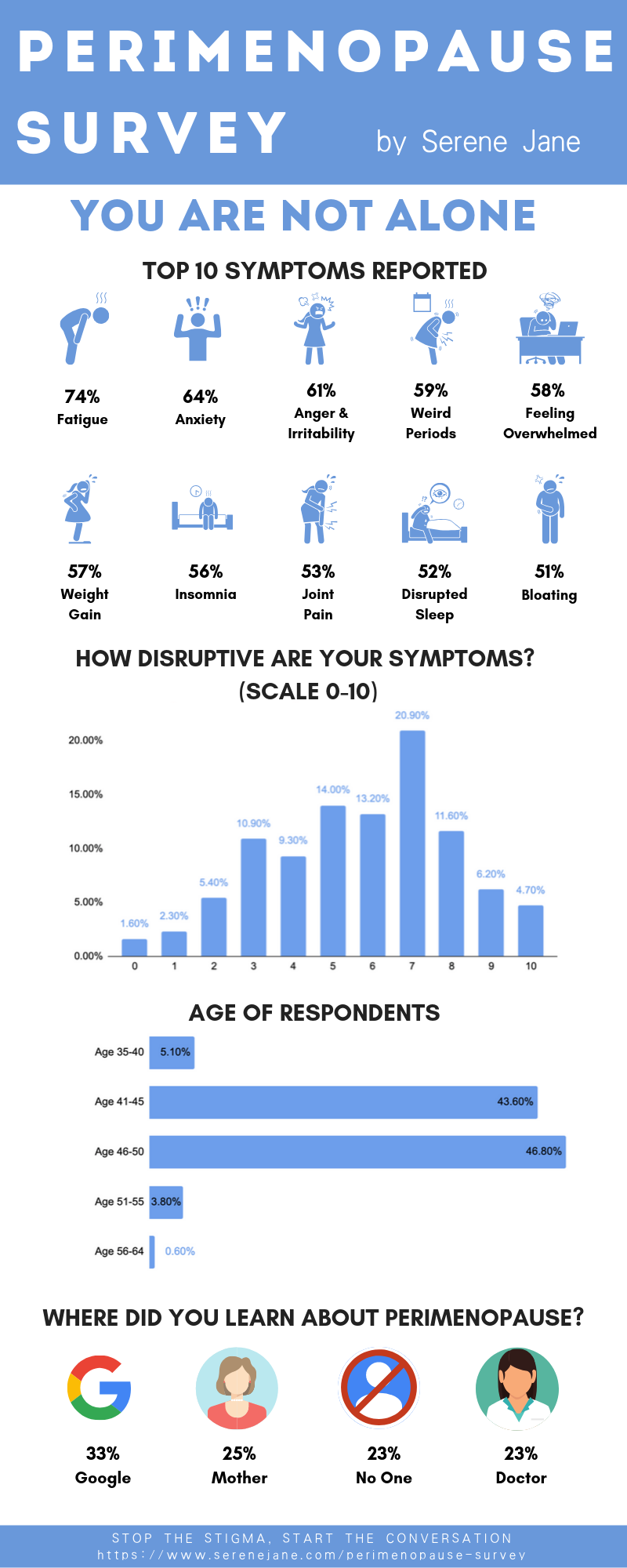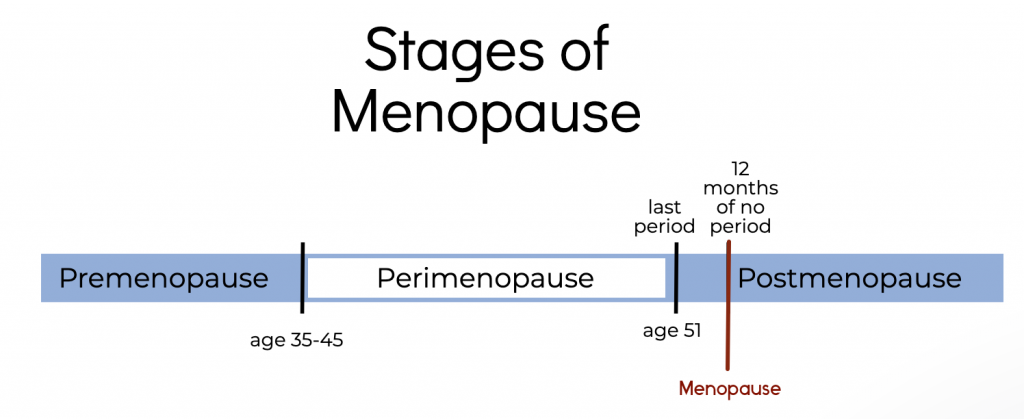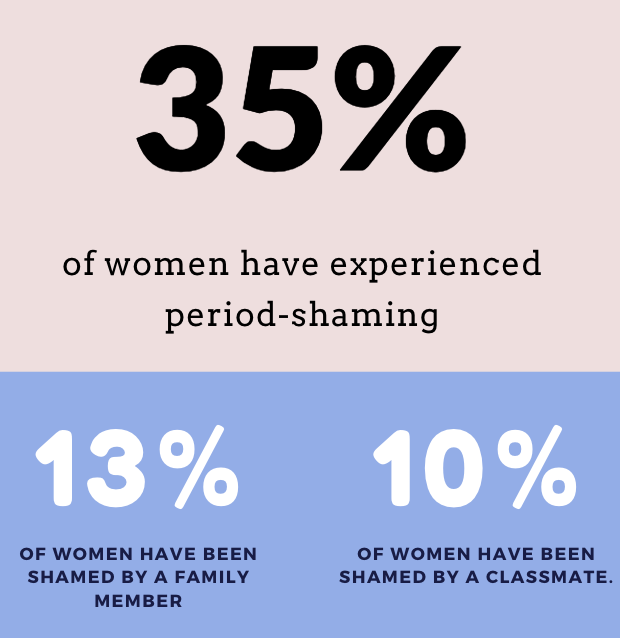One of the worst symptoms about Perimenopause for me is anxiety. Did you know that one of the best way to calm anxiety is to read? Just 6 minutes a day can reduce stress by 68 percent!
Here is a nice list to get you started:
The Hormone Cure by Dr. Sara Gottfried and Christianne Northup

This is the first book I went digging into for answers to my confusion over what is happening to my body, and I was very glad that I bought it as a paperback. It is a lot of information about hormones and remedies and it can be a bit heavy reading it at times. It is definitely a book that you will highlight, underline, or take notes from. Dr. Gottfried explaining various hormonal imbalances, why they occur, how they affect women, and provides practical solutions to fix them. I found the book a bit chatty at time when she talks about her grandmother but it gave me great ideas about things I can do to take care of my hormones, as well as tips on how to talk to doctors; better yet, a naturopath.
Why We Can’t Sleep: Women’s New Midlife Crisis by Ada Calhoun

This is a new one that I have yet to read but I am very much looking forward to because it has been mentioned in many recent articles. Ada Calhoun explores the new midlife crisis facing Gen X women and the unique circumstances that have brought them to this point.
It is a serious book, yet has humor, so I think it will be a nice break from all the hormone books that I have been reading up on.
The Change: Women, Ageing and the Menopause by Germaine Greer
Feminist scholar and philosopher Germaine Greer examines the depressing history of menopause, and switches gears between academic fact finding, justified rage, and sarcastic wit. Sure will give you an at times heavy read, but a new perspective in the end.
Again this is not a book about science and bodies, but worth reading.
Flash Count Diary: Menopause and the Vindication of Natural Life by Darcey Steinke
In Flash Count Diary, Steinke writes about aspects of Menopause that have and explores the changing gender landscape that comes with reduced hormone levels, and examines the medicalization of menopause. I am not sure that I am ready for this book yet because I think it seems to deal with the hot flash period of menopause, which is not quite perimenopause.
I really enjoy books that teach me about food, and this is one that is written for women experiencing hormonal imbalances caused by thyroid conditions, adrenal fatigue, menopause, endometriosis, fibroids, PMS, and PCOS, among others: stubborn weight gain, brain and mood issues, low energy, and more. Like with most cookbooks, you probably will not end up cooking every recipe in this book.
ROAR: How to Match Your Food and Fitness to Your Unique Female Physiology by Stacy Sims
ROAR is a comprehensive, physiology-based nutrition and training guide specifically designed for active women. This book teaches you everything you need to know to adapt your nutrition, hydration, and training to your unique physiology so you can work with, rather than against, your female physiology. Exercise physiologist and nutrition scientist Stacy T. Sims, PhD, shows you how to be your own biohacker to achieve optimum athletic performance.
Brain Food by Lisa Mosconi
Lisa Mosconi, who is both a neuroscientist and a certified integrative nutritionist, whose research spans an extraordinary range of specialties including brain science, the microbiome, and nutritional genomics, writes about foods that are beneficial for our brain. All the while I was reading I can’t help but think about the cost of all the foods, especially the caviar, but as brain fog is one of my biggest struggles and Alzheimer one of my biggest fears of aging, I had to read this book.
The XX Brain by Lisa Mosconi
Until now, medical research has assumed that women are essentially men with breasts and tubes. In the past, the female brain has received astonishingly little attention and was rarely studied by medical researchers– resulting in a wealth of misinformation about women’s health.
Women’s Health still has a long way to go. Women are far more likely than men to suffer from anxiety, depression, migraines, brain injuries, and strokes. They are also twice as likely to end their lives suffering from Alzheimer’s disease, even when their longer lifespans are taken into account. The first book to address cognitive enhancement and Alzheimer’s prevention specifically in women–and to frame brain health as an essential component of Women’s Health.
“In The XX Brain, Lisa meticulously guides us in the ways we can both nourish and protect ourselves, body and mind, to ensure our brains remain resilient throughout our lives.”
–from the foreword by Maria Shriver
This book is available for pre-order and will be out March 10, 2020.
Any other books you are reading on this journey that has helped you? Please let us know!









